Survision: Regulating and Ensuring Compliance With Parking Regulations
What is Parking Enforcement?
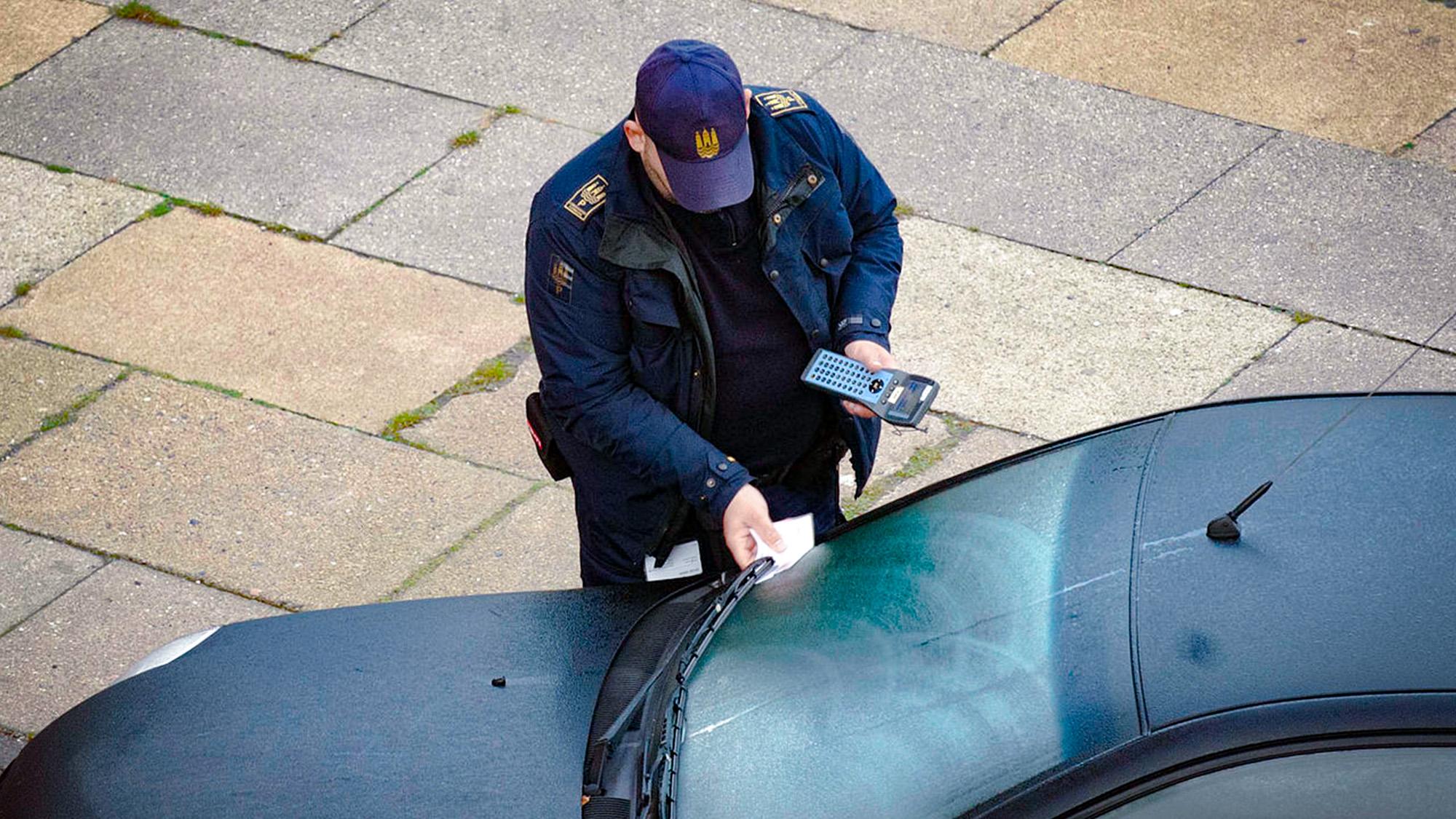
Parking enforcement refers to the activities and measures implemented by authorities or designated personnel to regulate and ensure compliance with parking regulations.
The primary goal of parking enforcement is to manage and control the use of parking spaces, maintain order, and promote the efficient utilization of available parking facilities. This typically involves monitoring and enforcing rules related to parking duration, designated zones, payment requirements, and other relevant regulations.
Often employed by local government agencies or private entities, Parking enforcement officers (PEOs), traffic wardens, or police officers play a crucial role in this process. They patrol designated areas, issue citations or tickets for violations, and may tow vehicles that violate parking rules.
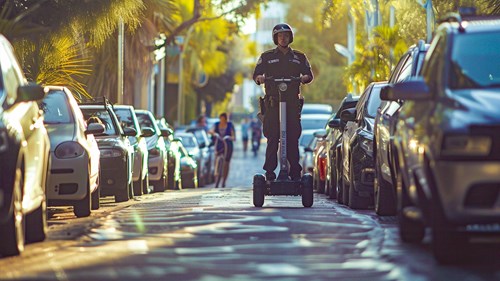
Benefits of Parking Enforcement
Parking enforcement helps maintain traffic flow, ensures access to public spaces, and generates revenue for municipalities through fines and penalties for non-compliance with parking regulations.
It also helps to ensure safety by watching out for unwanted vehicles that could be dangerous to the site's environment. Without parking enforcement, unruly drivers take advantage, leading to double-parked cars, temporary parking on the grass, vehicles blocking fire lanes, a shortage of guest spots, and possibly even parking spaces being converted into businesses on the go.
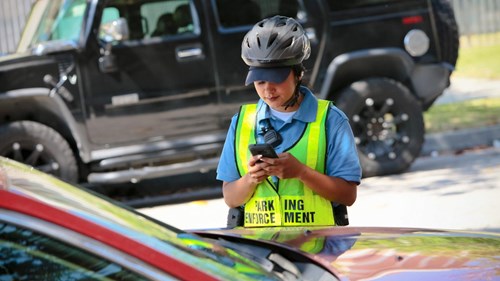
Parking Enforcement can contribute to growth & economic development in many ways as well:
- Optimizing urban land use through responsible development
- Implementing eco-friendly meters and advanced facilities
- Ensuring convenient and affordable short-term and long-term parking
- Providing various payment options
- Supporting and hosting community events
Types of Parking Enforcement
Depending on the type, size, and use of the site, different types of parking enforcement are used:
1. Free Parking Enforcement: Typically, companies specializing in towing, booting, immobilizing, and ticketing offer complimentary parking enforcement services. They legally collect fees and fines from vehicle owners for improper parking.
2. Self-Enforcement: Self-enforcement parking services are carried out by your staff, management, homeowners association (HOA), board of directors (BOD), or Parking Committee.
3. Paid Parking Enforcement: Patrol businesses, security companies, and parking monitoring services are the primary providers of paid parking enforcement. Parking Enforcement Officers (PEOs) are often given the task of patrolling a specific area and handing out violations.
Choosing the Best Parking Enforcement System
Depending on the type of parking enforcement needed, some factors should be considered to make the right decision:
- Cost: Are you looking for a free solution that will not offer much revenue? Can you invest in a system that can give back to your community?
- Control: Do you want access to the data involved and be part of the decision-making process?
- Ease of Use: What type of system is most manageable and user-friendly for your site?
LPR-based Parking Enforcement?
Paired with Residential security systems, Pay-by-License Plate parking meters, mobile payment apps, or mobile scan-to-pay web platforms, LPR is ideal for on-street and off-street parking enforcement as it uses license plate information for cloud-based instant verification of valid parking sessions.
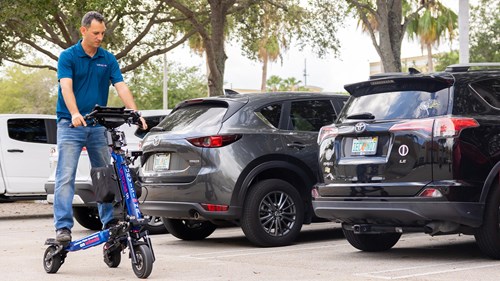
Platenforce is a Parking Enforcement Solution that uses LPR to validate license plates on the go, using Picopak, a small and fast AI-powered LPR Camera that captures license plate numbers at speeds up to 155 mph and performs the digitalization process autonomously.
Using LPR, patrol officers no longer need to manually check each license plate against a database or take photos of infractors; LPR cameras mounted on enforcement vehicles allow them to instantly record and associate the license plate and an image to a violation notice, making the process faster and more accurate.
This efficiency increment allows your parking enforcement agents to reach a wider area in less time or focus on other tasks with the time saved. Less time patrolling can help decrease harassment from angry parkers.
Hampstead City, A Real Story
Hampstead, a centrally located suburb of Montreal, Quebec, has started looking for a solution to improve parking enforcement efficiency.
The Challenge
Previously, the town used paper permits for parking enforcement. Residents had paper permits for their on-street parking. This resulted in an efficiency rate of about 40%. The goal was to increase this efficiency rate to about 90%.
Residents could park overnight without paying for parking, causing issues with permit enforcement and general frustration among locals. Additionally, the town's daily coverage capability for parking permit checking was limited to about 3/4 of the area. The whole area had to be checked in a 2-day span, and that task could take 100% of the productive employee´s time, leaving no room for other activities, such as ensuring parking safety.
The Solution
An LPR-based Parking Enforcement solution was integrated with the town citizen web portal, allowing residents to purchase permits online. Now, the cameras automatically scan license plates while the software checks the permits in real time.
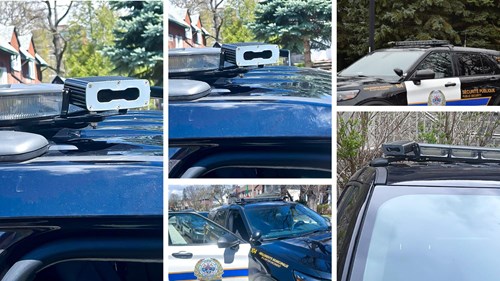
This transition eliminated the need for paper tickets and significantly streamlined the enforcement process.
Thanks to this implementation, the City of Hampstead can now read 400 plates in 2 hours and up to 2,000 license plates in 24 hours.
This means an upsurge in enforcement efficiency of 95%! The team can patrol the whole town two times a day and have extra time to check on parks and do security checks, which is very different from before LPR when they could only cover 3/4 of the area daily.
The new system allows for enhanced enforcement since it makes it easier to identify cars without permits, preventing overnight parking without payment.
Resource allocation is also more efficient now that agents have more time to ensure parking safety, respond to alarms and other calls, and conduct surveillance, which benefits the town overall.
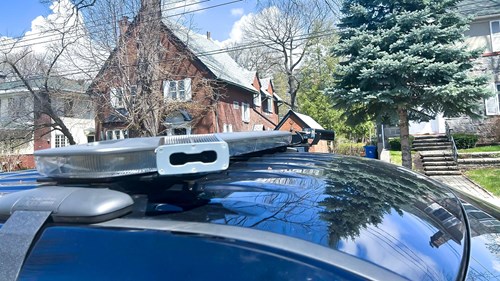
LPR-based parking enforcement is ideal for public or private operators in cities, universities, hospitals, corporate campuses, and airports.
Survision Platenforce is our Cloud-based Mobile Parking enforcement solution designed to identify non-compliant vehicles “on the go”, whether payment-based or private access scenarios.
About SURVISION 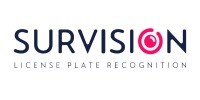
SURVISION is a global leader in License Plate Reading (LPR). Since 2001, with solutions being deployed in over 50 countries with more than 50,000 cameras thanks to a network of 900 Value Added Integrators. The quality of its R&D team allows SURVISION to work with world-class integrators for a complete set of innovative solutions for Smart-City, Smart-Parking, law enforcement, toll road collection, car-park management, and for local authorities.









Comments
There are no comments yet for this item
Join the discussion